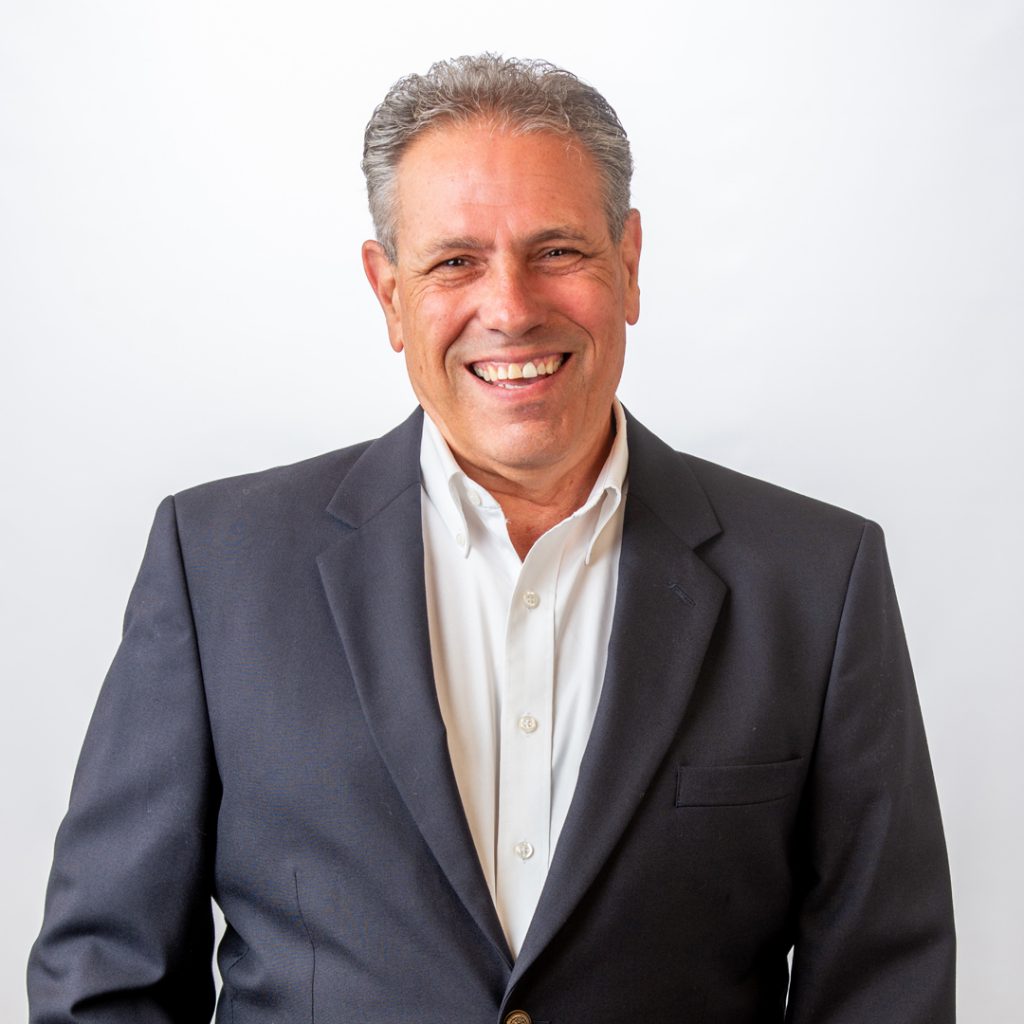‘This is not a simple world, my friend …’

Editor’s note: The name of Bill Baggs Cape Florida State Park was incorrect in an earlier version of this article.
Hanging on the dining room wall in Craig and Mary Baggs’ Ocala home is a small, black-and-white ink sketching of a big, elaborate house. The Baggs are friends, so while the wife and I were over for dinner one night, I asked whose house it was. Craig said it was the house he grew up in in Miami.
Wow. Again, it was a big, elaborate house – impressively so. I knew Craig’s father, Bill Baggs, had been the editor of the now-defunct Miami News, that city’s evening newspaper for almost a century until it closed in 1988. Craig began telling stories from his childhood. Of presidents coming to visit. Of governors stopping by to talk to his Dad. Of large parties of A-list dignitaries.
As a newspaperman, and having worked with Mary for years at the Star-Banner, I knew a little something about Bill Baggs, namely that Bill Baggs Cape Florida State Park had been named after him because of his relentless campaign to save the gorgeous tract of oceanfront property, where Ponce de Leon once walked, from inevitable development.
Oh, but there was so much more to Bill Baggs’ story.
Now comes a new book about Bill Baggs by Savannah-based journalist Amy Paige Condon. Titled A Nervous Man Shouldn’t Be Here in the First Place: The Life of Bill Baggs, Condon explores the relatively short but dynamic career of Baggs, from being an orphan as a child and his World War II years as a bombardier to his rise as a journalist of influence to, ultimately, his impact on regional and international affairs.
Condon was in town last week for a book signing (and to visit Craig and Mary) and she took time to talk to a newspaper editor about the newspaper editor she said she “became obsessed with” the more she explored his life.
“His story speaks to this moment,” Condon told me. “It speaks to how journalists should approach their job. That they are not enemies of the people. That journalists are heroes.”
Baggs’ rise to prominence in the post-WW II years is a look into another time when network television news was in its infancy and no one could have conceived of the internet. It was a time when newspapers were king, the public’s main source of news and information. It was a time when men like Baggs, who were smart and charming and ambitious, had seemingly endless opportunities to make a difference in, if not change, the world.
Through his front-page column In the Bag, Baggs was vocal about civil rights, environmental protection, 18-year-old voting, his opposition to the Vietnam War, stopping communism and boosting Miami.
Condon said Baggs looked at stories from, first, a moral perspective. Then he would look at them from secular and political vantage points.
“If there’s a moral reason to do something,” she said, “then there is a secular and political reason to do it. That’s what’s inspiring.”
Baggs was friends with people in high places. The Kennedys, Supreme Court Justice William O. Douglas, Richard Nixon, Walter Cronkite, Sen. William Fulbright … the list goes on and on. During the Vietnam War Peace Talks he had the phone number of North Vietnam’s chief negotiator. He had access to Fidel Castro. During the Kennedy administration, Baggs’ insight was deemed so significant that a phone connected directly to the Oval Office was installed in the Baggs’ Miami home. Former Florida Gov. Reubin Askew said it was Baggs who convinced him to run for governor. Yes, Baggs was connected, to say the least.
But for all the power and influence that swirled around Baggs, he still had readers who despised his ideas and let him know it. So Baggs had a stamp made that he would use to send readers a postcard responding to their gripes: “This is not a simple world, my friend, and there are no simple answers.”
Bill Baggs, for all his world travels and famous friends, died from pneumonia at the young age of 45. Despite his short life, he made a mark that remains visible today.
I asked Condon what she learned most from her research and writing about Baggs.
“We need to be less afraid of having the hard conversations,” she said. “Let’s be OK with discomfort, and let’s have those conversations that cause discomfort. And, if we can, please stop worrying about who gets credit.”
That is some wisdom that is timeless.





